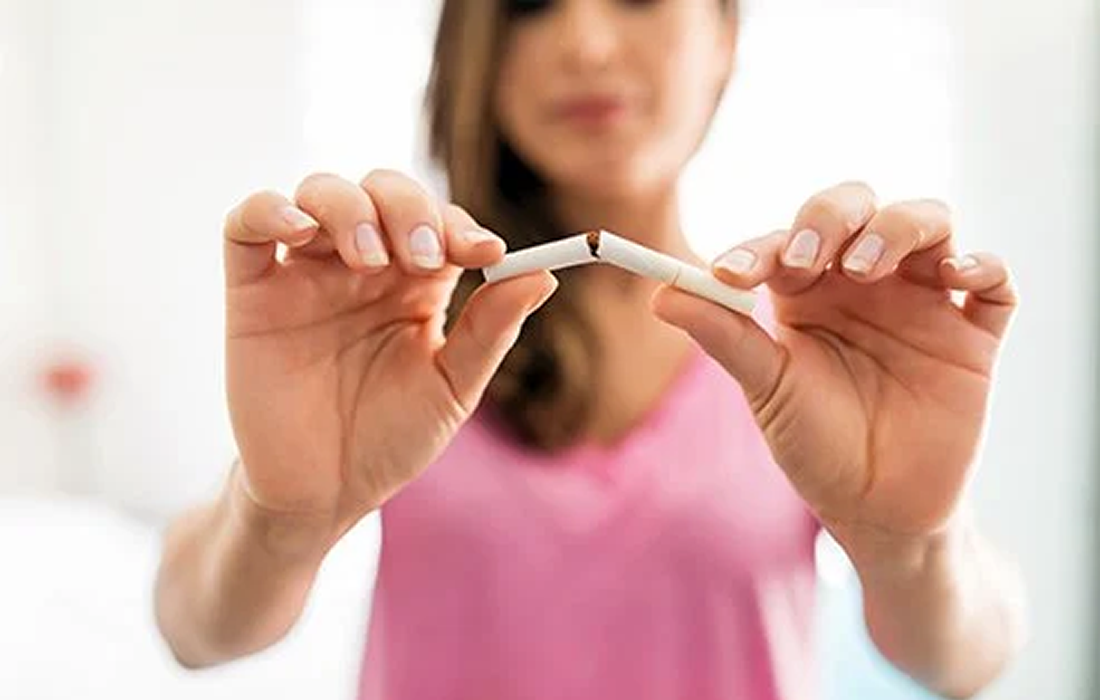Regenerative Medicine News and General Information
Weight Gain After Quitting Smoking
Cigarette smoking is the leading preventable cause of death worldwide, and yet many smokers never attempt to quit. The weight gain that is associated with cessation of smoking is cited as a major reason why more people don’t try to stop. These effects are attributed to smoking-associated effects on energy intake, metabolic rate and physical activity, but the exact mechanism is not fully understood.
Researchers used a mouse model that replicates features of the weight change that occurs after smoking cessation in humans. The animals gained less weight during smoke exposure, and their weight returned to the non-smoking baseline after exposure ceased. The researchers demonstrated that microbiota-dependent factors affect how much weight is regained and that by administering antibiotics the amount of weight regained is reduced, which suggests that a bacterial component of the microbiota targeted by antibiotics contributes to the process.
Another study by Fluhr and colleagues did experiments to pinpoint the effect of smoke-associated microbiotas on weight change by using a mice model with mice that lacked natural microbiota, which were germ-free and that received a transplant of faecal microbiota from mice exposed to smoke gained more weight than did animals transplanted with control microbiotas from mice not exposed to smoke, suggesting that smoke-associated microbiotas affect weight gain.
New Study Findings
The study by Fluhr and colleagues showed that compared with microbiotas not exposed to tobacco smoke, a microbiota exposed to smoke produces a greater abundance of metabolite molecules that aid the extraction of energy from food by the gut and that promote weight gain on cessation of exposure.
They also found that the molecules associated with this weight gain are derivatives of the amino acid glycine, such as dimethylglycine (DMG). When mice were put on a diet deficient in choline sulfate, a molecule needed for the synthesis of DMG and related compounds, they were less prone to weight gain associated with smoking cessation.
This ability of tobacco smoke to modify the microbiota occurred independently of nicotine content of the smoke and the effects on the microbiota were not reproduced if mice were given nicotine instead of being exposed to cigarette smoke, which suggests that non-nicotine components of tobacco are responsible for remodelling the microbiota to enhance the extraction of energy from food and promote weight gain.
Source:
Matthew P. Spindler, et al. Gut clues to weight gain after quitting smoking. Dec 2021. Nature. doi: https://doi.org/10.1038/d41586-021-03548-6
Image from:
https://www.medicinenet.com/does_weight_gain_stop_after_quitting_smoking/article.htm

